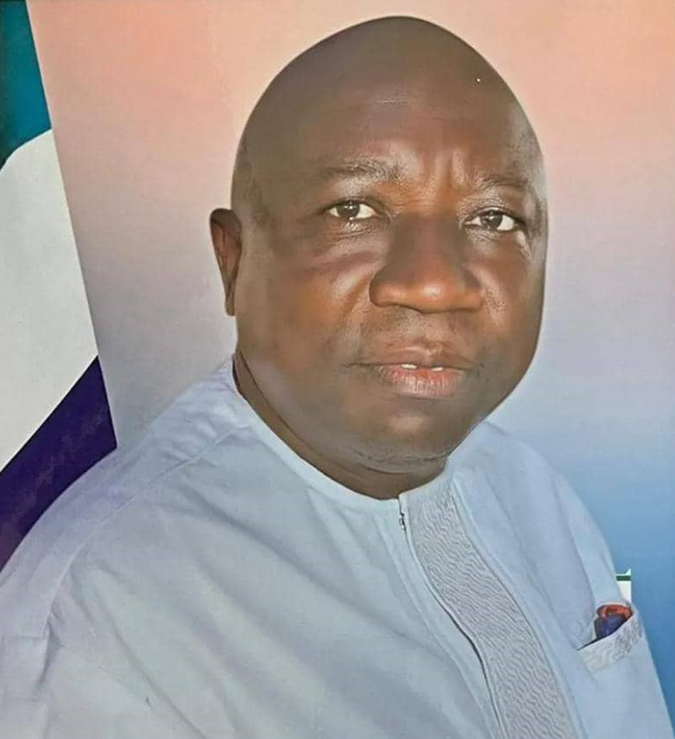The Deputy National Security Coordinator (DNS Coord), Office of National Security (ONS) Dr. Ahmed A. Sannoh, has, on behalf of the National Security Coordinator and heads of security institutions, presented on the ONS/Security Sector’s Position Paper on the Preferred Electoral System for Sierra Leone; at a National Dialogue held on 17th July 2025, at the Bintumani International Conference Centre in Freetown. Organised by the Tripartite Committee on the implementation of the National Unity Agreement, Office of the Attorney-General and Minister of Justice, the purpose and relevance of the consultation was to dialogue on the implementation of recommendation 78 of the Tripartite Recommendation (TR) Report, and to further create mechanisms that will strengthen the electoral processes in Sierra Leone, with the full participation and meaningful contributions of Sierra Leoneans.
In his presentation, Dr. Sannoh emphasized the fundamental truth that governance and security are deeply interconnected; saying electoral systems, though primarily tools for democratic expression, have significant implications for societal cohesion and national stability. “While the country has transcended a post-conflict status and now classified as a low-income country, its political landscape often reflects the potential for upheaval”, DNS Coord affirmed. He therefore furthered that the adoption of a Proportional Representation (PR) electoral system presents the country with an opportunity not only to strengthen democracy but also to enhance national cohesion and peace.
Dr. Sannoh stressed on ONS’ moral responsibility to provide advice on matters that directly affect national stability, saying, “it is within this context that I present, on behalf of the National Security Coordinator this considered position, recommending the adoption of the PR system as a strategic imperative for Sierra Leone’s peace, stability and democratic consolidation”.
He cited the 1996 elections in the country, conducted under a Proportional Representation (PR) system amid a brutal civil war, which produced a broadly representative parliament that fostered dialogue over conflict and helped contain tensions that might otherwise have escalated into violence. By contrast, he said, First-Past-the-Post (FPTP) elections have consistently aggravated ethnic and regional divisions through their winner-takes-all outcomes, making them ill-suited to the country’s multi-ethnic society.
The DNS Coord also cited post-conflict societies like Rwanda, burgeoning democratic countries such as South Africa, and Northern Ireland, where PR had been instrumental in managing diversity and fostering inclusive governance structures. “These nations demonstrate how PR reduces motivations for violence, supports reconciliation, and sustains peace through equitable political representation”.
As of 2024, over 90 countries of the 195 across the globe employ aspects of PR, gaining tangible benefits in inclusivity, stability, and governance. He further explained the contrast between the PR and the FPTP electoral systems, saying FPTP breeds disproportionate representation, heightens political tension, and fosters exclusionary governance; whiles PR matches representation with voter preference, mitigates electoral violence, encourages cooperation, and supports a more accountable, stable, and peaceful system of governance.
He asserted with utmost conviction that PR goes beyond just choosing who to vote for; it stands as a strategic imperative for the security, unity, and democratic consolidation of Sierra Leone. “In our quest to build a peaceful, stable, and truly inclusive nation, we must confront an undeniable truth: electoral systems either serve as bridges to inclusion or become walls that entrench division and perpetuate conflict. Proportional Representation offers us that bridge – a path toward shared governance, mutual respect, and national cohesion … For the sake of our unity, our security, and the sacred promise of an enduring democracy, Sierra Leone must summon the courage to cross it”, the Deputy National Security Coordinator said on behalf of the National Security Coordinator.
#StratCom@ONS
www.ons.gov.sl
Toll-Free Line: 119













